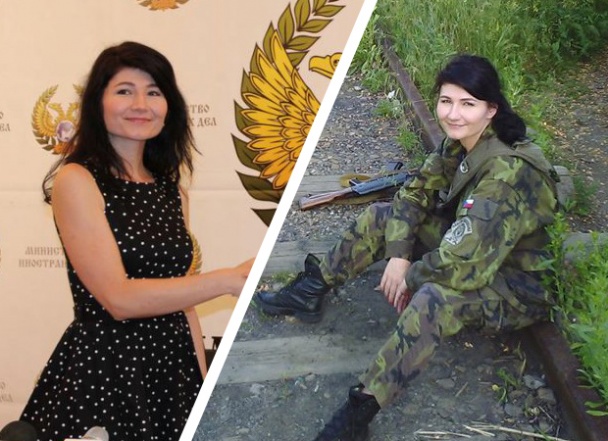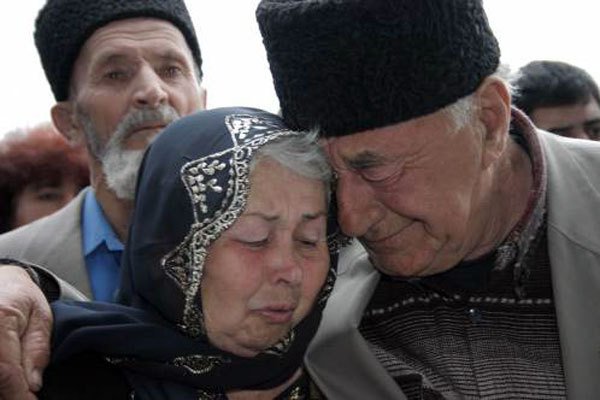Oksana Mamchenkova
We are not used to viewing Okean Elzy as a band with highly socially relevant everyday lyrics, but it is in the times of revolution and war that the vast majority of their songs turned out to be relevant and important.
In 1978, 16 years after the proclamation of Jamaica’s independence, the clash between the two biggest parties in the country was especially violent. Judging documentary footage, there was real hell in the streets – street fights with shootings were part of the norm. Back then the leaders of the ruling People’s National party asked Bob Marley, the founder of reggae style, at the time popular in the West and living in London, to return to his motherland. The thing is that Marley was not only a world-famous performer, he was a cult personality in his country, a national symbol, a moral authority, if you will.
Marley initiated talked between the enemy sides, which ended with the signing of a treaty, and then flew to his birth city of Kingston. Already at the airport he was greeted by crowds of Jamaicans. They say that such enthusiasm before has only been seen when the Ethiopian Emperor Haile Selassie I came, which, according to the convictions of the supporters of Rastafarianism popular in Jamaica, is the incarnation of the God Ja.
On April 22nd Marley performed at the stadium in front of an audience of 40 thousand. Those who came to listen to their idol were very inspired. Marley sang songs about peace and unity. And then he did something completely unexpected – he called the leaders of the right and left to the stage. Prime Minister Michael Manly and his opponent Edward Siaga either walked out to him or were carried onto the stage. Marley brought their hands together in a handshake. They say it was improvised. They say nobody knew how this improvisation would end. In any case, for one evening, the national was whole.
I suspect that concert of peace probably didn’t put an end to political animosity. Armed groups continued solving their issues the way they were used to, by force. But that concert for many was important as a symbol of the possibility of unity, as a sign of that the representative of enemy camps can find something in common.
The concert of Okean Elzy was something akin to this for many of us. In December of Maidan, when despite the fear of possible provocations, tens of thousands of people gathered in the centre of the capital to listen to their favourite songs together. I think there were supporters of different political powers there, and those who did not have concrete views.
The same happened now, at the Kyiv concert at the NSC “Olympiyskiy,” when 70 thousand people exploded with emotion at the first chord of Vstavay and remained a single entity until the last note of Vidpusty. There were people from various cities of Ukraine there, Russians, foreigners from the West. Okean Elzy, it seems, is our own personal symbol of unity. And a rare, at the time, peaceful reason for national pride.
The number of Ukrainian flags the people took to the concert, vyshycankas they were wearing was innumerable. What is especially important for us now – there was a Crimean Tatar flag there. And to alleviate the tedium of expectation before the concert, we found a way to cheer ourselves up – the national anthem, “Glory to Ukraine!” and, sorry, “Putin huilo” were sung one by one.
It seems Okean Elzy are our Beatles, U2 and Marley all put together. We know their songs by hear, we have lived with them for the last 20 years. And they are able to hold a first-class stadium concert, the quality and attendance of which could be the envy of any Western star. We don’t let them leave the stage even when we lose count of their repeat performances.
And they also sing about the most important things for us. It seems we are not used to view Okean Elzy as a group with highly social everyday lyrics, but it is in the rimes of revolution and war the vast majority of their songs turned out to be relevant and important. Because their lyrics hold a simple but the only right program of action for everyone. To not give up. And aim for the goal. Because nobody promised it would be easy.
Source: NVUA
Translated by Mariya Shcherbinina






